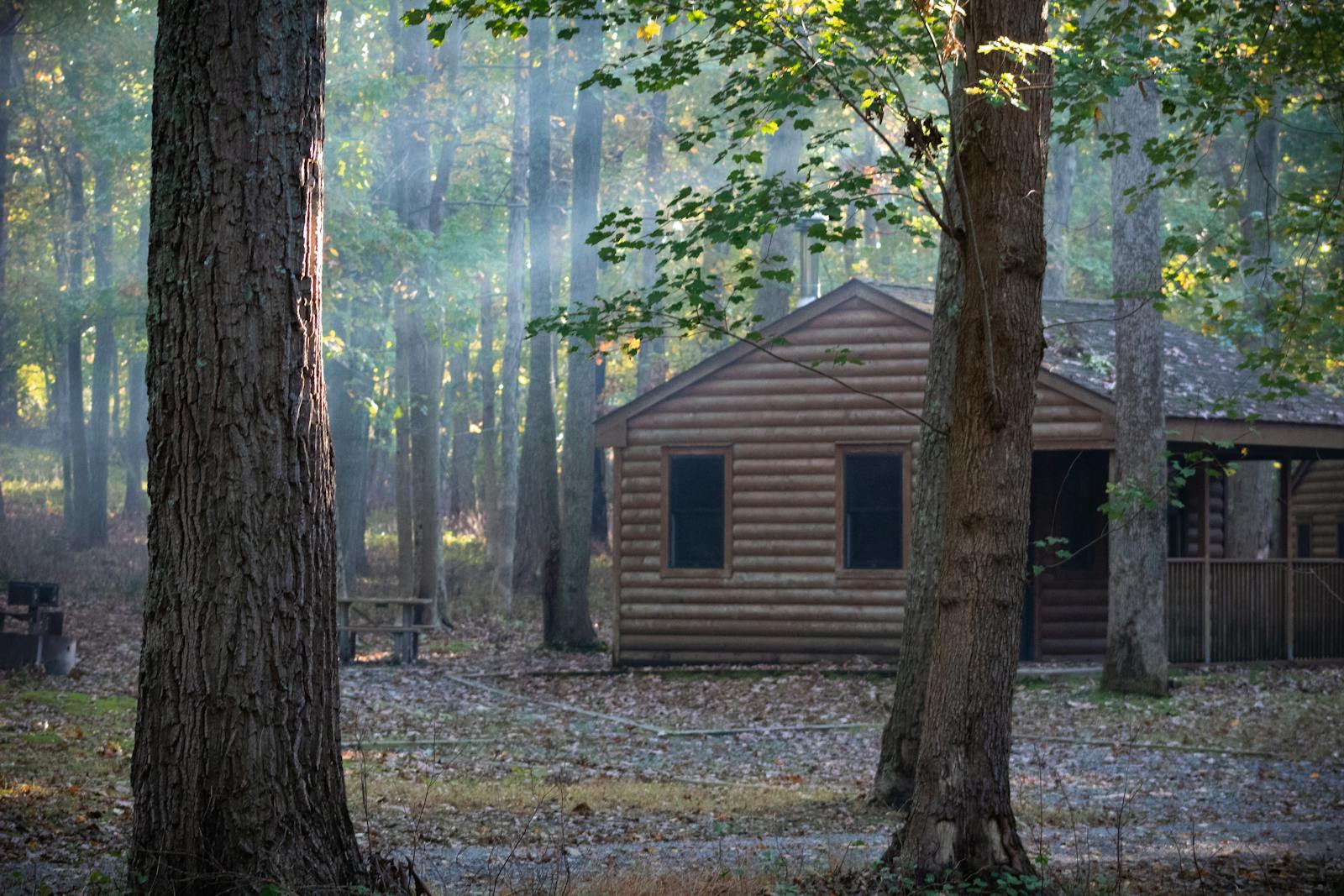Wildfire Threatens To Spread In Dry, Drought-Stricken New Jersey

On Tuesday, a large fire on the border of Newark and Irvington, New Jersey, destroyed five homes and displaced nine families. While a majority of the blaze has been contained, the entirety of the state is under a special weather statement warning of increased fire risk due to ongoing drought. In what has been one of the driest starts to autumn in nearly a century, rainfall across New Jersey has been two to seven inches below normal over the past month and a half. According to data from the U.S. Drought Monitor, 59.4% of the state is currently abnormally dry, and 12.2% is in severe drought.
Going green? The 25 Best Cities For Sustainable Construction
Worst hurricane ever? How Helene And Milton Rank Among The Fastest Wind Speeds Ever Recorded
In a special weather statement issued Friday, the National Weather Service warned that the dry conditions, “combined with north to northeast winds near 10 to 15 mph” and “sporadic gusts of 18 to 20 mph” will create conditions that “support the spread of fires” which could “quickly become difficult to control.” The wildfire warning extends to New York City, Connecticut, and parts of Massachusetts.
While West Coast states like California and Oregon tend to dominate wildfire headlines, New Jersey is actually one of the most susceptible states to wildfire. The New Jersey Pine Barrens is one of the largest concentrations of pitch pine, a resinous shrub with highly combustible needles and bark, and is the frequent site of dangerous wildfires. The Pine Barrens’ proximity to major urban areas in a state with the highest population density in the U.S. makes it particularly destructive. In 2022, wildfires burned 27.8 in every 10,000 acres of land of New Jersey – the 11th most of any state, ranking just behind Hawaii and California.
And like much of the country, wildfires are getting worse in New Jersey. In 2023, 1,194 wildfires burned a total of 18,033 acres of land in New Jersey, the worst wildfire season in at least a decade. While Governor Phil Murphy gave state environmental officials an additional $3 million in firefighting funds in response to increased wildfire activity, the rising risk of fire spread in a wildfire season that is getting longer and longer may require greater mitigation efforts. According to a statement from the New Jersey Forest Fire Service, smoke from ongoing wildfires in the state could linger until Tuesday.
Sponsor
Find a Vetted Financial Advisor
- Finding a fiduciary financial advisor doesn't have to be hard. SmartAsset's free tool matches you with up to 3 financial advisors that serve your area in 5 minutes.
- Each advisor has been vetted by SmartAsset and is held to a fiduciary standard to act in your best interests. Get on the path toward achieving your financial goals!






